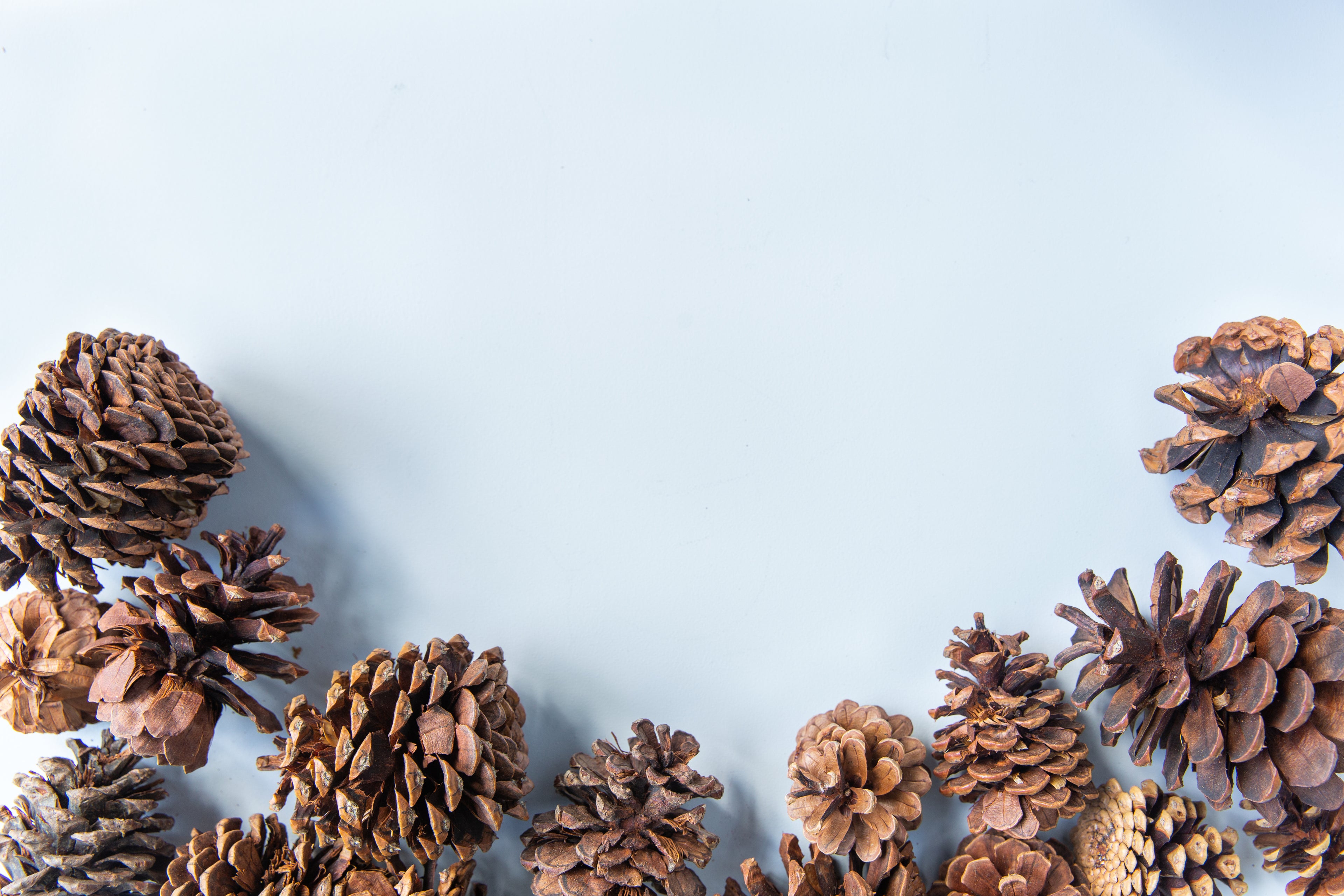
Ancient Chemistry
The historical journey of chemistry in India is indeed fascinating, reflecting a rich tapestry of scientific endeavor. Alchemy, the precursor to modern chemistry, was deeply intertwined with Ayurveda, the ancient Indian system of medicine. This synthesis gave rise to iatrochemistry, a discipline that sought to marry the principles of medicine and chemistry for therapeutic purposes. The quest for immortality and wealth drove the alchemical pursuits, manifesting in the relentless search for an elixir of life and methods to transmute base metals into gold. Joseph Needham's observations highlight India's significant contributions, with archaeological evidence from Taxila supporting the early distillation of alcohol, a process that has ancient roots and a profound impact on both science and society. This underscores the advanced state of chemical knowledge and practices in ancient India, which not only aimed at profound philosophical goals but also laid the groundwork for future scientific advancements. The term 'khola' for alcohol, with its phonetic closeness to the modern term, hints at the deep historical connections of language and science.

Ayurveda
The medicinal properties of plants, as detailed in Vedic literature, particularly the Rig Veda (1500–1000 B.C.) and Atharva Veda (1000–900 B.C.), are possibly the earliest written records in medical history.Traditional Indian medicine, one of the world's most ancient medical systems, includes Ayurveda, the predominant traditional Indian medical system. Ayurveda advocates for a holistic approach to medicine, considering the body, mind, and spirit collectively. It operates on the principle that humans attain physical, mental, and emotional wellness through harmony.Ayurveda, an extensive and natural healthcare system with origins in India's pre-Vedic period, focuses more on preventive care than curative treatments. The concept of integrative medicine, which combines traditional and modern healthcare practices, is gaining traction in today's healthcare industry, particularly for managing chronic lifestyle-related diseases such as neurological disorders.

Alchemy
Alchemy is defined as the process of extracting the vital essence from plants. This term encompasses the dual processes of destruction and creation within the universe, mirroring the alchemical concept of rasyana or elixir.In Sanskrit, alchemy is derived from 'AMRIT,' signifying elixirs or Rasyanas, which are akin to Amrit for humans and are esteemed as the pinnacle of herbal concoctions in ancient times. The crafting of Rasyana parallels alchemy, distinct from many contemporary methods rooted in Asian traditions. Practitioners of alchemy meticulously adhered to these Asian techniques without modification. The resultant compound is more significant than the sum of its parts. Specifically, Rasyana or elixir production embodies synergism; while each has unique effects, collectively, they yield a synergistic impact surpassing that of individual elixirs. The essence of alchemical artistry lies in formulating an alchemically potent compound that concurrently influences the body, mind, and spirit.

Homeopathy
Homeopathy is considered a safe, gentle, and natural healing system that works with your body to alleviate symptoms, restore itself, and enhance overall health. It is deemed extremely safe for use, even with very small children and pets, and is said to have none of the side effects associated with many traditional medications. It is also very affordable and made from natural substances. There are two types of homeopathy: first, original or classical homeopathy, and second, complex homeopathy. In complex homeopathy, unlike classical single-remedy homeopathy, the choice of remedy does not follow the symptoms. Instead, complex homeopathy has stronger relations to the combination of single remedies. In homeopathy, the remedies to be combined are often selected based on overlapping pharmacological profiles and established indications. This principle also applies to complex homeopathy, or as Dr. Paul from Kolkata might say, the principle "Similia Similibus Curentur" is expanded to "Similia Complexis Curentur," meaning similars in complex form are used for treatment.

Herbalism
Herbalism is the tradition of studying and using herbs for their healing properties. Growing freely in the natural world, the term ‘herb’ refers to every part of the plant, from the roots to the flowers. Here we will explore how herbalism can form part of your wellness routine and how a herbalist can support you.Herbal medicine is plant-based medicine and is potentially the oldest form of medicine we know of. A huge variety of plants can be used in a medicinal way, with each part of the plant having different medicinal qualities and requiring different approaches. Often, both fresh and dried plant parts can be used, but this will depend on the herb.Herbs are made up of complex constituents that have unique qualities. These qualities can support the body to heal and overcome illness. All herbs will have their own uses and trained herbalists will be able to recommend the appropriate herb for the condition you’re seeking help with.

Spagyric
Spagyric Medicine a long tradition in Germany, where it is synonymous of reliability and high quality in the health sector, In Spagyric, two Greek words are hidden; spao means to draw out, to divide and ageiro which means to gather, to bind, to join. These two concepts form the foundation of every genuine alchemical work.The spagyrist assumes that within the life force three different effects are at work, the principles of Sal, Sulfur and Mercur. These do not refer to the chemical substances, but rather to the characteristics of these elements, which can in turn be found in everything alive. Sal stands for the materialising, earth-like principle, Sulfur for the soulful, fiery one and Mercur for the invigorating, spiritual one, which stands and mediates between the first two. In human beings, they find expression as body, mind and soul, which only in their combination make up the human being and which are in close interaction with each other. Consequently, Paracelsus relates the term "ars spagirica" to the art – with alchemistic procedures – of separating the valuable from the impure and of preparing medicines of increased efficacy by combining the substances so acquired.

About Chakra Therapy
The concept of Chakras plays a central role in several Eastern philosophies and healing practices. These seven primary Chakras are traditionally aligned along the spine, starting from the base and moving up to the crown of the head. Each Chakra is associated with different aspects of physical and emotional well-being. For instance, the root Chakra is linked to our sense of security and survival, while the heart Chakra relates to love and compassion. Balancing these Chakras is believed to promote health and harmony in the body's energy system. Practices like yoga, meditation, and certain forms of therapy are often recommended to help maintain this balance and ensure the free flow of life energy throughout the body. It's a holistic approach that emphasizes the interconnectedness of the body, mind, and spirit.

CHAKRA ESSENCE (Energetic Fluids)
WHAT ARE CHAKRA ESSENCES?First Time ever, 7 seven chakra essences has been made by the plant made extract empowered by Sun rays energies. MADE IN GERMANY The Chakra healing essences (energetic fluids) has a universal quality that makes it an excellent matrix for many different plants essence combinations. We suggest specific chakra essences to individual person which you can apply on specific point. Thus, the Chakras form the energy ecosystem of every individual. A deficiency in this ecosystem can wreak havoc in the different areas of life.

Spagyrist Vinod Kumar Research and developed Energetic Fluids
Spagyrist Vinod Kumar's contributions to the field of spagyric medicine have been significant, particularly in the UK where he is recognized for his innovative Chakra fluids. These essences, formulated in Germany, are a testament to the fusion of traditional plant-based healing and modern holistic approaches. The application of these chakra essences in numerous cases reflects a growing interest in alternative therapies that complement conventional medicine. Kumar's work, which spans over two decades, has not only provided a new dimension to spagyric medicine but also underscores the potential of natural remedies in promoting health and wellness across various conditions.
